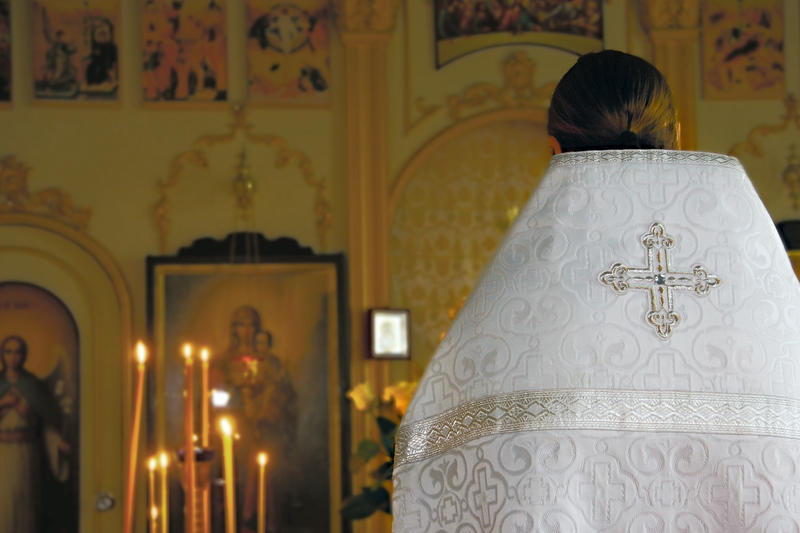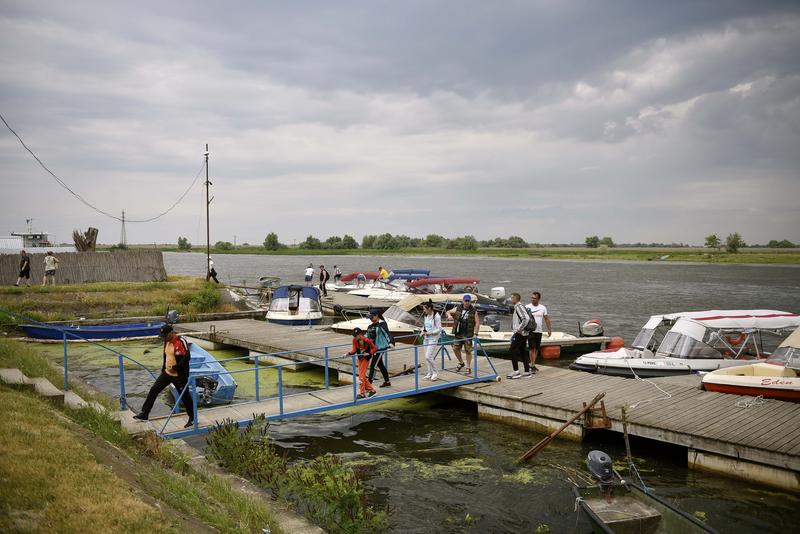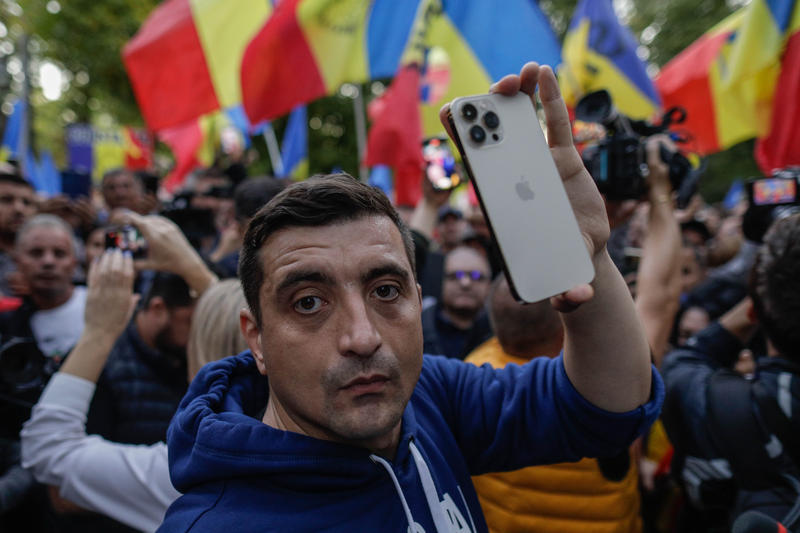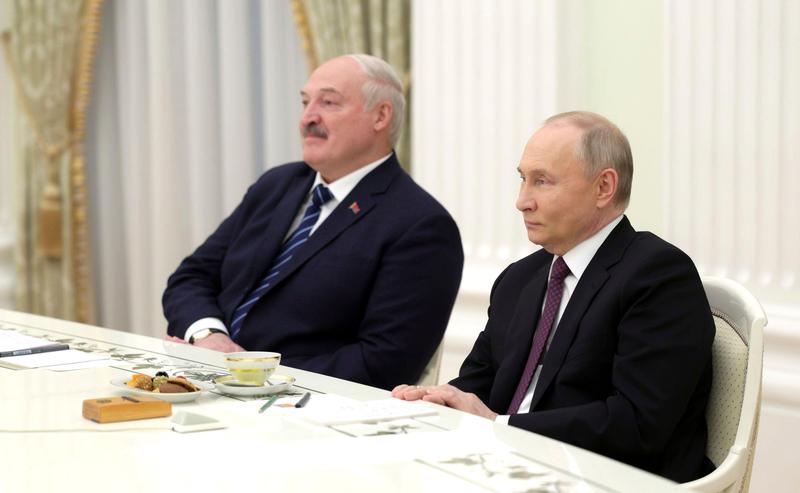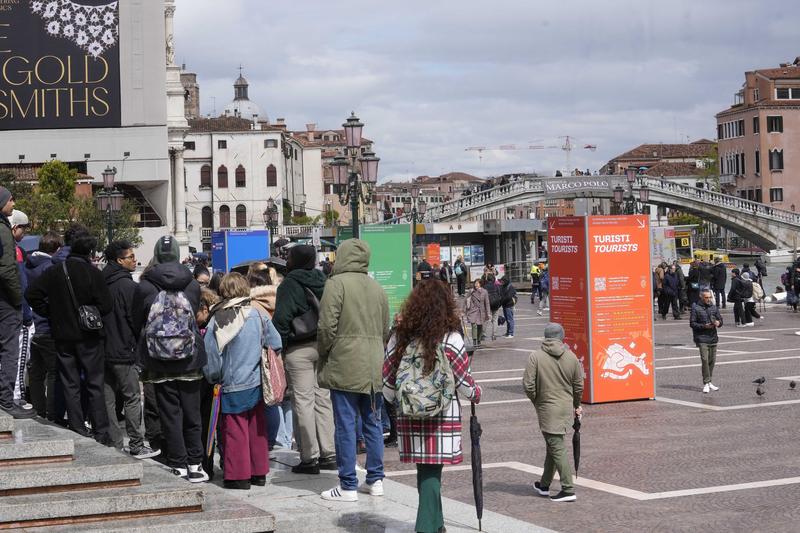Romanian newspapers on Tuesday deal with spectacular twists in the tense Romanian politics lately, even comparing the domestic situation with South American politics of the late nineties.
The media also wonder how appropriate it is for two journalists loyal to President Basescu to be nominated for ambassadorial missions and discuss the wrath of central authorities against a “referendum” in territories with a large Hungarian minority.
Evenimentul Zilei reports that while the opposition, with support from one of the governing parties, prepares moves to suspend the head of state by calling a referendum against him, President Traian Basescu considers a counterattack these days.
According to the newspaper, Basescu may ask the Parliament to call for such a referendum himself, when he appears before MPs on Wednesday.
But, as long as the Constitution allows, he may try to leave the Parliament “in offside” by demanding a referendum for no less than his removal from office and not a mere suspension, the paper says.
For its part, Cotidianul reports that the opposition Social Democrats (PSD) declared war against the President officially yesterday, when they revealed the document to form the basis for their suspension call. The document mentions 31 charges grouped in six chapters, many of which refer to alleged breaches of the Constitution.
And Romania libera compares the situation on the Romanian political stage with that of several South American countries in the nineties and later, with dismissed presidents in Brazil (1992), Venezuela (1993), Paraguay (1999) and Ecuador (2005).
The paper notes that only one such case occurred in Europe in recent memory -Lithuanian President Rolandas Paksas, forced to leave office in 2004.
Meanwhile, Evenimentul Zilei reports that President Traian Basescu proposes two journalists who got a name for themselves by siding with the head of state in their commentaries over the past several years to take over as Ambassadors to London and Washington.
The paper notes these are two key diplomatic missions for Romania and that Ungureanu, a former BBC reporter, was suggested for London, while Sever Voinescu - a former consul to Chicago - for Washington.
Cotidianul, the newspaper the two are working for these days, notes however that the two have little diplomatic experience while the Embassies to London and Washington, which President Basescu included in his notorious “strategic axis” for Romania, would normally demand the installation of career diplomats.
And Cotidianul focuses on President Basescu one more time for his blasting speech against a “referendum” currently organized in several Central Romania counties, where an ethnic Hungarian group tries to evaluate the support for extended autonomy among local, majority-forming ethnic Hungarians.
The paper notes Basescu called the “test” voting as “unconstitutional and illegal” during talks with visiting Hungarian counterpart Laszlo Solyom. And it quotes sources close to the meeting who said the talks between the two became tense at one point and lasted more than expected.
Romania libera believes the whole “referendum” fuss has a symbolic stake as its results may be used to legitimate the claims of local leaders of ethnic Hungarians, against the interests of the more organized Hungarian Democrats-UDMR, the political group that represents this ethnic minority in Parlament.
But Gandul quotes the Interior Ministry who in a press release yesterday said there was no legal basis for a ban for such an “informal political consultation”, dismissing claims that it may be illegal.
Also in Gandul, former Romanian prime minister Petre Roman, the subject of many jokes in the early nineties due to his appeal to female workers in Romania, has broken up with his wife.
While he refuses to comment on “his private life”, his wife Mioara Roman says he left to live at a friends’ place almost two weeks ago and let her know he was planning to divorce after 34 years of marriage.

